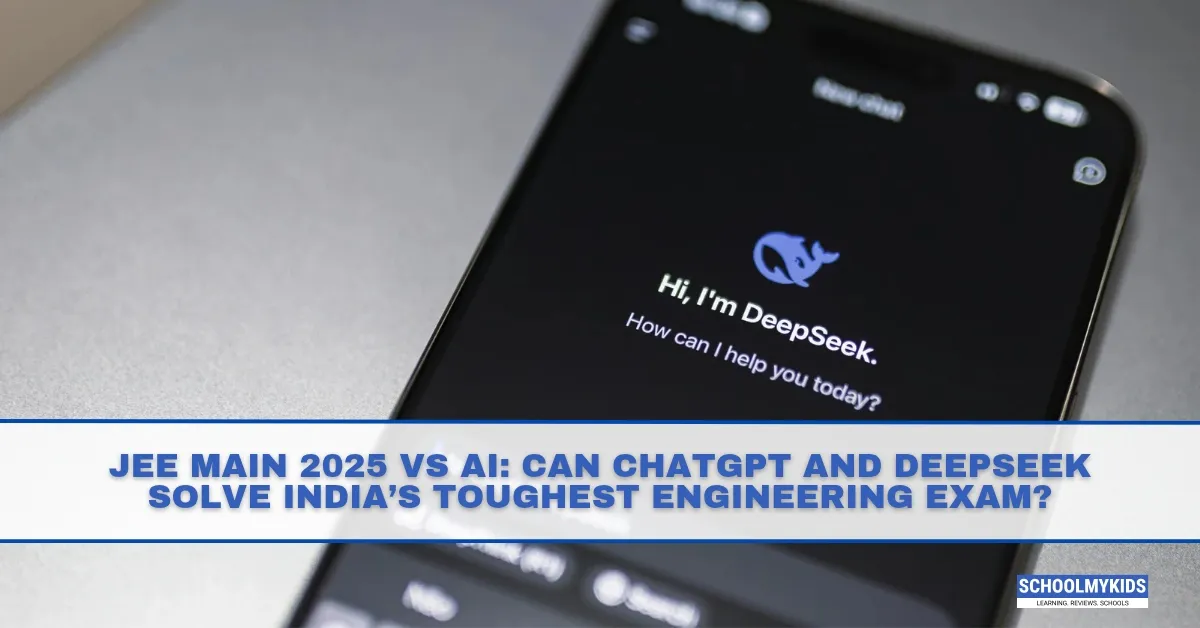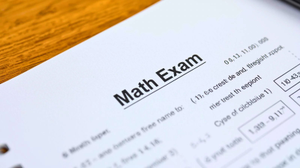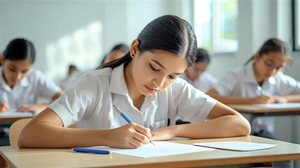In a surprising twist, this year’s JEE Main 2025 isn’t just challenging India’s brightest students—it’s also putting AI models to the test.
From ChatGPT and DeepSeek to Elon Musk’s Grok, several advanced AI platforms have tried their hand at solving real JEE Main questions across Physics, Chemistry, and Mathematics. The results? A mix of brilliance, glitches, and some eye-opening lessons.
AI vs. JEE: Who’s Solving What?
AI systems have shown strong performance when tackling theoretical or formula-driven questions. Need to recall a law of thermodynamics or solve a direct calculus derivative? AI nails it almost instantly.
But the real challenge arises with application-heavy, multi-step problems—those that require interpreting data, visualizing experiments, or following nuanced reasoning. Questions involving complex integrals, tricky diagrams, or conceptual graphs tend to expose the current limitations of AI models. These aren’t just questions; they test intuition, pattern recognition, and layered logic.
Can AI Be a Study Buddy?
This experiment has stirred a new debate in both academic circles and the EdTech world: Is AI ready to become a student’s learning companion?
The consensus so far is nuanced. AI tools are great for:
- Quick concept revision
- Step-by-step problem breakdown
- Doubt-solving on the go
However, they’re not equipped to replace the human thought process, especially in competitive exams like JEE, where creative thinking and deep contextual understanding are crucial.
A Spark in the EdTech Ecosystem
This AI vs. Exam phenomenon has caught the attention of educators, coaching institutes, and researchers alike. Could AI play a bigger role in personalized learning? Can it evolve to teach how to think, not just what to solve?
While the answers are still unfolding, one thing is clear: JEE Main 2025 is not just a student battleground—it’s a proving ground for the future of AI in education.









Be the first one to comment on this story.